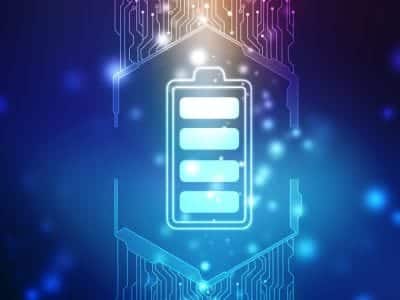
Explore the different battery technologies on the market and understand their advantages and disadvantages (including performance and safety).
None
Technician, engineer or project manager
Engineer/Doctor in electrochemistry and/or materials for energy
Projection and printed copies of Powerpoint presentations, practical case studies, video materials
Assessments at the beginning and end of the course, quizzes, etc.
5 working days before the start of the course (if OPCO funding).
A training certificate complying with the provisions of Article L. 6353-1 paragraph 2 is issued to the trainee.
2024 :
Satisfaction rate: 85%.
Number of sessions: 2
Number of trainees: 12

I subscribe to the training newsletter
Sign up for
our newsletter
© 2024 SERMA GROUP – Terms and Conditions – Data protection policy
Télécharger le catalogue de formation SERMA
Download the SERMA training catalog